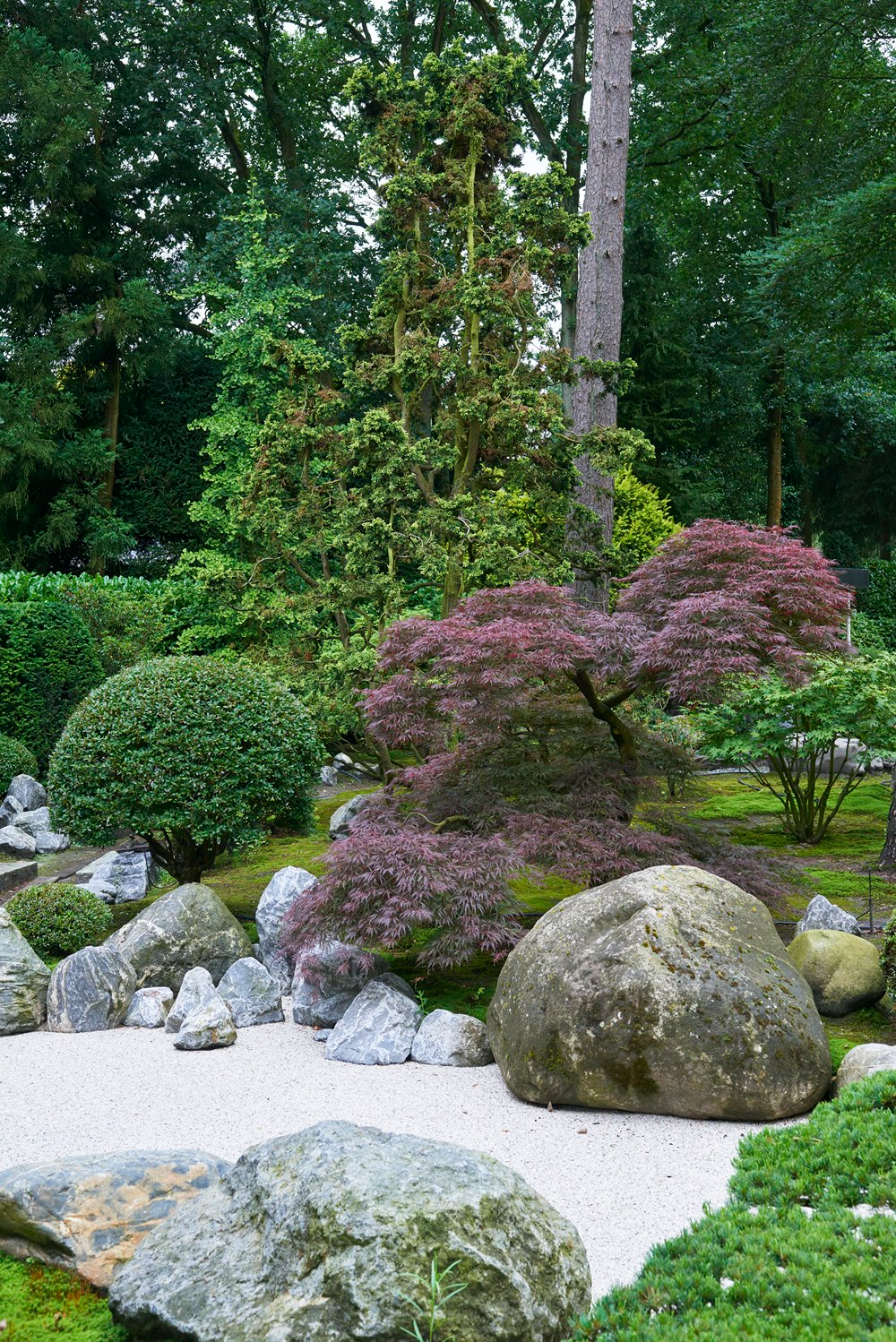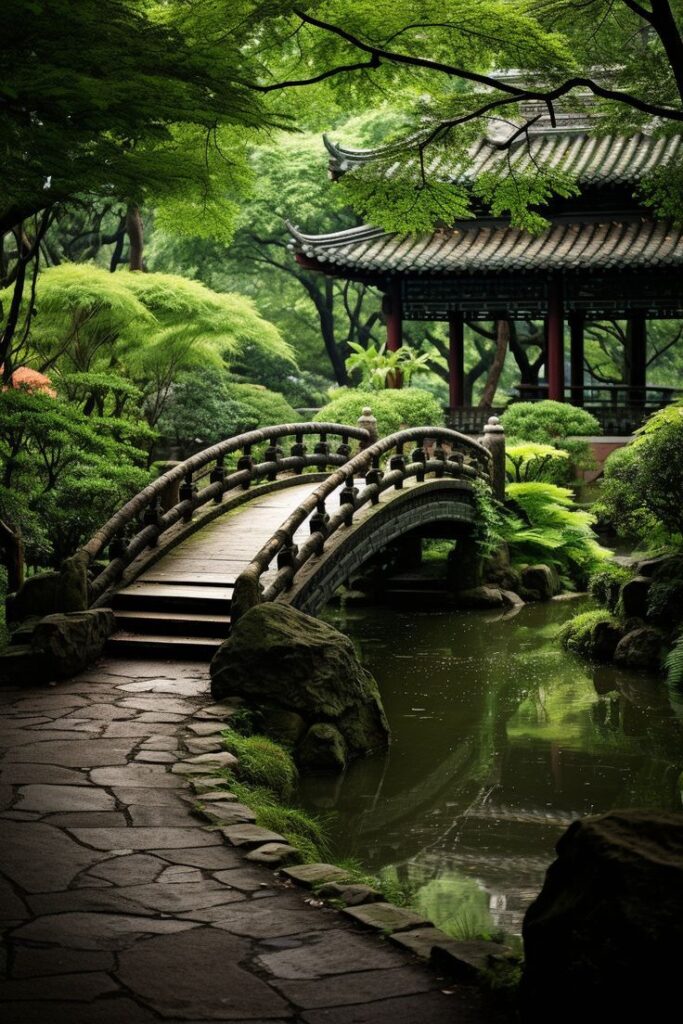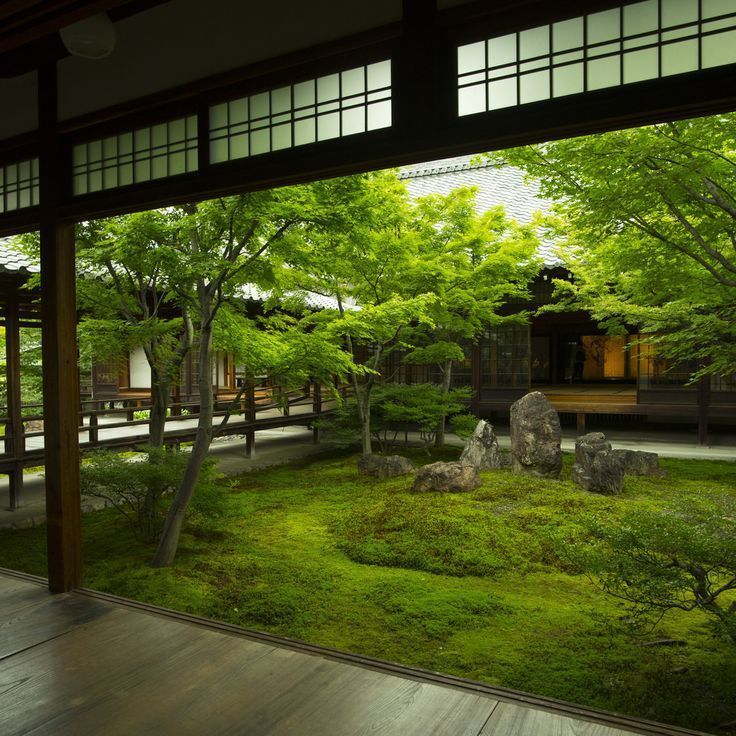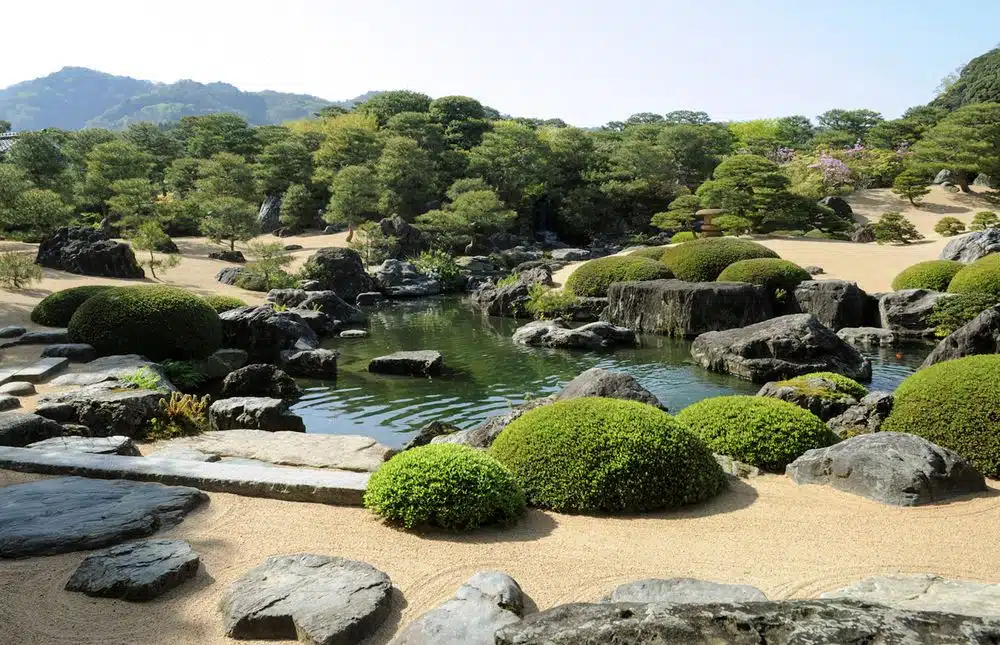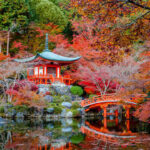Japanese gardens are renowned for their serene beauty and meticulous design, embodying the principles of harmony, balance, and simplicity. These traditional gardens have deep cultural and spiritual significance in Japanese culture, reflecting the close connection between humans and nature.
One key feature of Japanese gardens is the use of natural elements, such as stones, water, and plants, to create a peaceful and harmonious environment. Rocks are often carefully arranged to represent mountains or islands, while water features like ponds or streams are incorporated to add a sense of movement and tranquility. The careful selection and placement of trees, shrubs, and flowers also play a significant role in creating a sense of balance and harmony within the garden.
Another important aspect of Japanese gardens is the use of symbolism and metaphor to convey deeper meanings. For example, the use of bamboo may symbolize strength and flexibility, while the presence of cherry blossoms could represent the transient nature of life. These symbolic elements add layers of meaning to the garden, inviting visitors to contemplate and reflect on the beauty and transience of life.
Japanese gardens also typically feature architectural elements, such as teahouses, bridges, and lanterns, which serve both practical and aesthetic purposes. Teahouses provide a space for meditation and tea ceremonies, while bridges and lanterns add visual interest and guide visitors through the garden. These architectural features are often designed with attention to detail, using traditional materials and techniques to create a sense of timeless beauty.
In addition to their aesthetic appeal, Japanese gardens are also designed to create a sense of tranquility and inner peace. The meticulous arrangement of elements, the careful consideration of balance and flow, and the use of natural materials all work together to create a harmonious and calming atmosphere. Visitors are encouraged to slow down, observe, and appreciate the beauty of nature, allowing them to connect with their surroundings on a deeper level.
Overall, Japanese gardens are a testament to the deep-rooted connection between humans and nature in Japanese culture. They serve as a living expression of the values of harmony, balance, and simplicity, inviting visitors to experience a sense of peace and tranquility in a chaotic world. Whether small or large, traditional or modern, Japanese gardens continue to inspire and delight people around the world with their timeless beauty and profound spirituality.
 yishifashion Where Outdoor Dreams Become Reality
yishifashion Where Outdoor Dreams Become Reality
